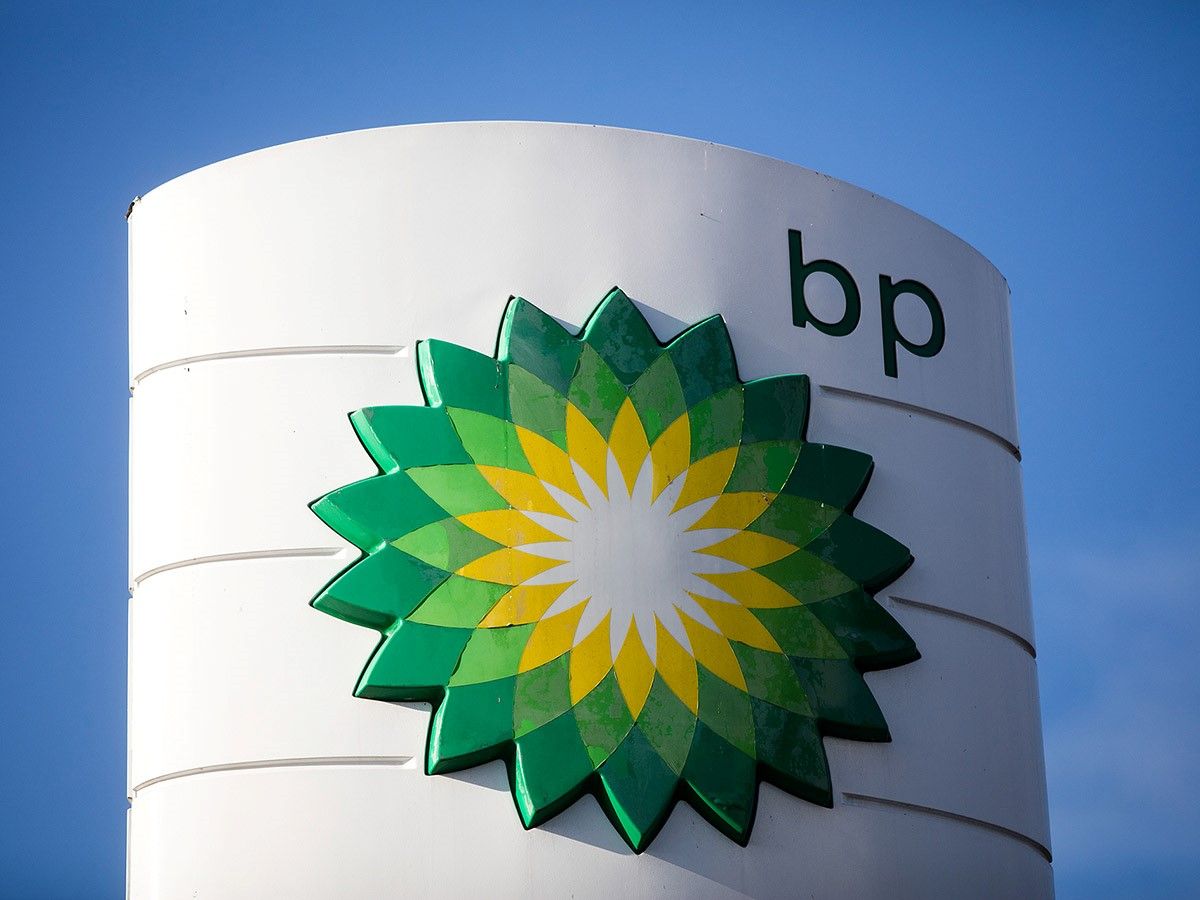BP [BP.L] on Tuesday announced Q2 earnings that were well ahead of most analysts’ estimates, sending its share price up by more than 3% to 545p in early trading, and helping push the FTSE higher amid trade and Brexit worries. The British integrated energy company’s higher-than-expected earnings came from increased production, which helped counteract the effects of lower oil prices. As of Tuesday’s open, BP’s share price was up by 11.1% year-to-date.
Unlike some of its peers in the oil and gas sector, such as France’s Total, Italy’s Eni and Norway’s Equinor, BP managed to deliver stable earnings in the second quarter of this year.
But the company’s debt has increased year-on-year, and it expects lower output and slimmed margins next quarter. This could put the share price under pressure, as any delays to planned asset sales could make it harder for BP to reduce debt and strengthen its balance sheet.
‘Right on target’
“At the midpoint of our five-year plan, BP is right on target,” CEO Bob Dudley said, however. “Reliable performance and disciplined growth across our businesses are delivering strong earnings, cash flow and returns to shareholders.”
In its most recent set of results, BP reported underlying replacement cost profit, a metric similar to US oil companies’ net incomes, of $2.81bn, beating the $2.5bn expected by analysts.
Oil and gas production in the second quarter averaged 3.8 million barrels a day of oil equivalent, up by 4% from a year earlier. In BP’s upstream business, underlying replacement cost profit before interest and tax fell by 2.8% year-on-year to $3.41bn.
“At the midpoint of our five-year plan, BP is right on target” - CEO Bob Dudley
BP announced a dividend of 10.25c per ordinary share for the quarter, consistent with Q1, but up by 0.25c year-on-year. The company could raise its dividend towards the end of 2019, depending on the proceeds from asset sales and debt reductions, chief financial officer Brian Gilvary said.
Keeping an eye on debt and gearing
What raises some red flags, though, is the company’s debt and gearing. The former rose to $46.5bn, up by 20% from $38.7bn a year ago. Gearing climbed to 31.0% from 27.5% in the same period during 2018. But Gilvary said the company expects gearing to decrease over the course of next year.
“Following the final acquisition payments to BHP and the scheduled annual payments relating to the Gulf of Mexico oil spill being made in the quarter we continue to expect gearing to trend down through 2020, in line with disposal proceeds from our $10 billion programme and ongoing operating cash-flow delivery,” Gilvary said.
| Market cap | £110.89bn |
| PE ratio (TTM) | 12.43 |
| EPS (TTM) | 43.80 |
| Operating margin (TTM) | 5.77% |
BP share price vitals, Yahoo finance, 31 July 2019
More specifically, BP said it expects gearing to move towards the middle of the company’s targeted range of 20-30% in 2020.
"We'll still get $4-5 billion [of asset sales] done this year. And of course, as we get those disposals away, that will de-risk the balance sheet and create space for looking at further distributions in the second half of this year," Gilvary told the Wall Street Journal.
Good cash flows and bright dividend outlook
With the increase in BP’s gearing leading some analysts to focus more on the company’s divestment plans, others say its robust cash flows and strong outlook for dividends are notable achievements.
“[BP] has shown real discipline in driving cash flows ahead, despite the weaker oil prices of recent years and the still ongoing costs of the 2010 oil spill in the Gulf of Mexico,” said Steve Clayton, manager of the Hargreaves Lansdown Select UK Income Shares fund, which holds a position in BP.
“With sterling currently weak due to fears over the economic impact of Brexit, BP’s dollar earnings look ever more valuable to UK investors,” he added.
“With sterling currently weak due to fears over the economic impact of Brexit, BP’s dollar earnings look ever more valuable to UK investors” - Steve Clayton, manager of the Hargreaves Lansdown Select UK Income Shares fund
Not all analysts share the positive sentiment, though. Earlier this month, Credit Suisse downgraded its rating for BP to “neutral” from “outperform” and reduced its price target to 605p from 640p, as part of its review of the European oil sector. This target does, however, still imply a potential 10.8% upside from Tuesday morning’s price.
Overall, the Swiss investment bank said it switched its preference for the sector to Total, as it reckons the French company could distribute an estimated 10.5% annualised yield (both dividend and buyback) based on the current market value. This compares with an annualised yield of 8.5% for BP, Credit Suisse said.
Continue reading for FREE
- Includes free newsletter updates, unsubscribe anytime. Privacy policy





